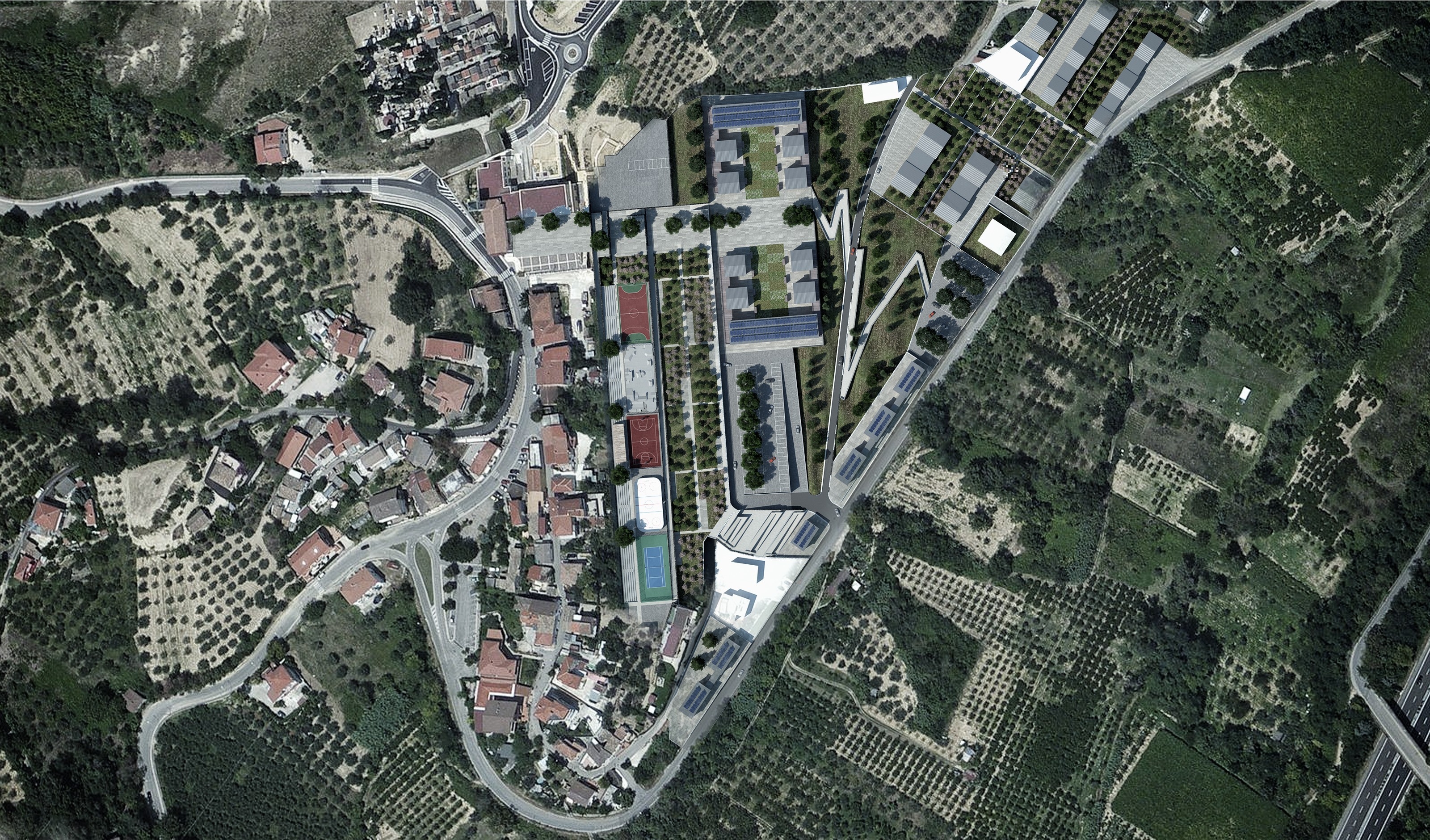The amendment seeks to simplify and speed up the submission and
examination of correction requests. The new process emerged after
consultation with all stakeholders and comes on the one hand to improve
the times and mechanisms of examination of applications and on the other
hand to create legal certainty for the owners and the transactions
around the properties.
In fact, in order to avoid another setback in the proceedings, the new
regulations apply to those areas where the examination of correction
requests has not yet begun (ie areas where posting took place after May
2020). In this way the overall operation of the Land Registry is
upgraded.
Specifically:
1. The proposed regulation re-enables citizens to appeal to the Second
Instance Cases Committees, whether the report of the Cadastral Office
suggests the acceptance or rejection of the request for correction.
Under the current regime, this possibility existed only in cases of
positive feedback. Of course, a necessary condition for the exercise of
this right in case of a positive suggestion is that the rights of third
parties are violated, otherwise recourse to a secondary committee
becomes irrelevant.
2. Furthermore, in accordance with the provisions of the amendment to be
voted, the entire process of filing, examination and in general
monitoring of the progress of correction requests is digitized and
conducted through gov.gr. This greatly facilitates property owners in
areas far from their home, but also all the professionals involved in
the process. Of course, anyone who wishes can still submit correction
requests in person at the cadastral offices.
3. Finally, the amendment explicitly regulates another very important
issue, that of the publication of the reports issued by the Cadastral
Offices. The current regime proved to be unclear in this regard and for
this reason the proposed regulation makes it mandatory to post these
reports on the website of the Hellenic Land Registry, thus strengthening
the transparency valves. Thus, the citizen will be informed about these
posts by relevant announcements of the Agency, which is obliged to
provide specialized information on how to be informed of any affected
third parties or to submit opposing views of the applicant.
In accordance with the provisions of the amendment, the requests for correction are examined by the Cadastral Office.
For each application, the Cadastral Office prepares a report, which must
contain a reason for its acceptance or rejection. By decision of the
Board. of the Hellenic Land Registry, the reports are posted on its
website and the duration of the posting, the manner and conditions of
access and any technical or other details for the application of this
are determined.
In the case of applications concerning the correction of geometrical
elements of plots outside the "boundary regulation zone" and either
divisive or cumulative outside the "acceptable deviation" or the
replacement in the cadastral tables, in whole or in part, of full or
partial ownership or At the request of another beneficiary, the
applicants for the correction shall be informed, under the supervision
of the Cadastral Office, of the forthcoming posting of the report
concerning them, the deadline for submitting documents to the contrary
and the consequences of the failure to submit.
Applicants can then:
In case of total or partial rejection of the request for correction, to
submit in writing and reasoned their opposing views, providing relevant
information, within an exclusive period of thirty days from the date of
publication of the report. Within the same exclusive period, under the
supervision of the applicant, the submitted application, the report
drawn up on it and the opposing views must be notified to every third
affected owner by any appropriate means.
In case of full or partial acceptance of the request for correction, the
applicant shall, within an exclusive period of thirty days from the
posting of the report, by any appropriate means, to any third affected
owner, the submitted application and the report drawn up on it.
The third affected owners also have a deadline of thirty days, the
start of which is determined by a decision of the Board. of the Land
Registry and is published on its website, either to submit in writing
and reasoned their opposing views, providing relevant information, or to
consent in writing to the revocation of their declaration of
registrable rights or with a relevant statement before the notary or
with a notary on which the authenticity of the signature is certified.
If the above deadline elapses without action, it is considered that the
affected third parties consent to the correction in accordance with the
prepared report.
Written dissenting opinions or written consent are submitted to the Agency through gov.gr.
The request for correction, the report of the Cadastral Office and the
opposing views are forwarded from the Land Registry to the Examination
Committees. In case no dissenting opinions have been submitted, the
Cadastral Office must make the necessary corrections in accordance with
the prepared report.
If, prior to the posting of the reports on the Agency's website, the
third party concerned has either consented in writing by withdrawing
their statement of registrable rights or by making a relevant statement
to a notary or by a solemn declaration confirming the authenticity of
the signature, has requested the total or partial deletion of his right
to the property that concerns the application for correction due to
incorrect registration in the provisional cadastral lists, then the
application for correction is not forwarded to the Committees and the
Cadastral Office makes the necessary corrections.















